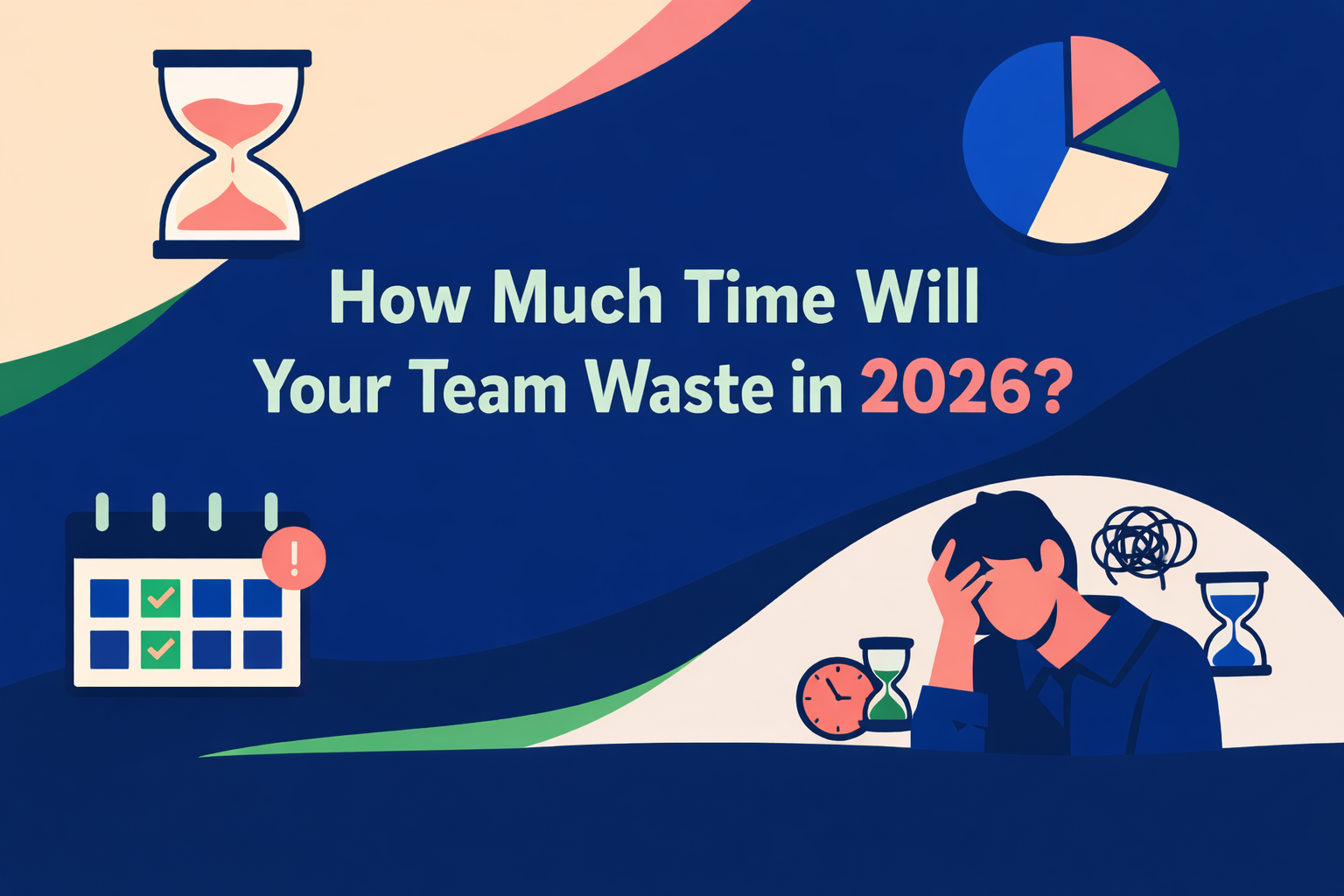Think about the last time you planned a dinner out at a nice restaurant. Did you look at ratings and reviews before making a reservation? Why or why not? It is now easier than ever to access and make decisions based on data, but we humans often don’t do it.
For restaurants, ratings and reviews are ubiquitous, so it's seamless to quickly make an informed choice based on “the market”. I mean, what did people actually do before Yelp and Google Maps?? One could just stroll along and stumble into a restaurant that has a nice atmosphere and a tasty-looking menu, but what if the service is terrible? We wouldn’t know unless we checked online or talked to people beforehand. We consider ratings, reviews, and references before making a considerable buying decision because we would rather not leave it up to chance.
There are endless examples today of how, although it wasn’t always the case, it's now easier than ever to make a decision based on data. Can you think of one in your everyday life? Let’s consider these:
- Using reviews to choose a restaurant
- Tracking flight prices before booking
- Using benchmarks in your job (depending on the industry)
Many of us still prefer the stroll and stumble, and I concede that for many things in life, it’s more enjoyable, and certainly easier, to wing it. I also honestly believe that for big, momentous (often personal) decisions in life, we should use our gut for the first and final say. For example, which college to attend? What job to pursue? Who to partner with? After all, humans do usually make decisions with emotion and justify them with reason, as Daniel Kahneman repeatedly points out in “Thinking, Fast and Slow”.
But if we can, why not at least reference the data? Well, there are still many areas in life where the data is either not readily available, not in a digestible format, or just too difficult to integrate into our daily decision-making. I’ll call it the available/accessible/actionable paradigm. In early stage startup investing, there isn’t much data available to base decisions on. However, much relevant data still does exist, such as growth rate in users and/or revenue, team makeup, previous track record, etc. The best early stage investors find a way to get this data to give them an edge, either through tools (e.g. AngelList, Crunchbase) or otherwise. I would argue that in other domains, the best players also use data to inform their decisions.
My current domain is digital advertising. Since it's digital, the data certainly exists. But it’s often not accessible or actionable. For example, reliable and granular benchmarks, with the ability to filter across multiple dimensions, are notoriously bad and sparse in digital ads. As another example, past performance data is frequently not easy to integrate into day-to-day decisions and workflows.
In my last advertising services business (boutique agency), I was often faced with this problem. Let’s say I had a $50k budget for a campaign, and was deciding how to allocate it across channels (e.g. Instagram, TikTok and Youtube). A lot of this depends on the unique circumstances of the brand and campaign, such as goal, target audience, messaging, etc. But if I wanted to use data to make these decisions, I would need to consult a myriad of platforms (e.g. the three mentioned above, attribution tools like Google Analytics), and do a bunch of manual analysis and work (e.g. spreadsheet pivot tables) before I could make a high confidence, data-driven decision about budget allocation.
Most digital advertisers don’t have the patience nor the will to do this manual, painstaking work. I know that I often didn’t. And thus, we end up making decisions through guesswork (let’s try $20k here, $30k there), which can end up being very costly. This is a big reason why there is so much waste in digital advertising.
The answer to my question posed in the article title, as with most things, is that it depends. We use our gut for particularly emotional decisions, and more data for financial ones. But even in this modern digital age in which we live, most of us are still leaving a lot of value on the table by not harnessing data to make decisions as efficiently and effectively as we could. Are there areas in your life and work where data can help you make better decisions?






